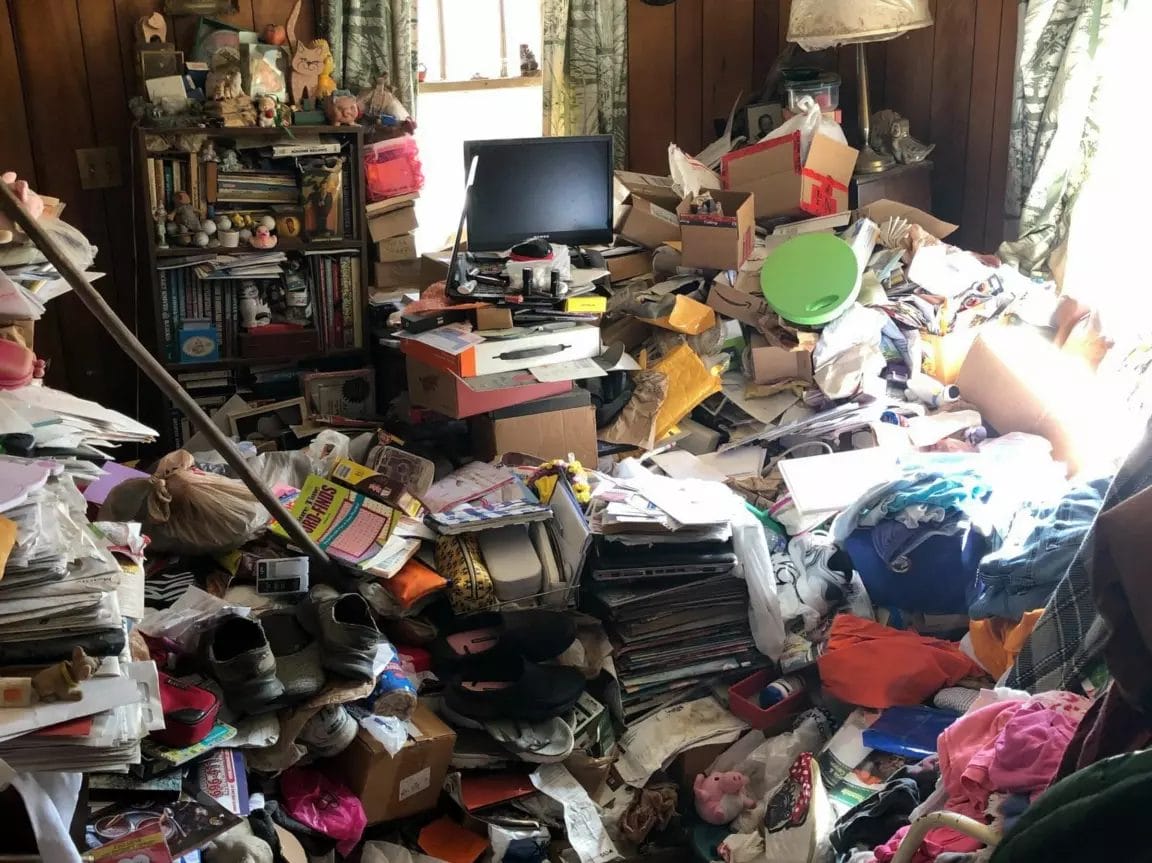
Introduction:
Hoarding is a complex issue that goes beyond clutter and disorganization. It often involves an excessive accumulation of belongings, making living spaces unsafe and unsanitary. Beyond the visible challenges, hoarding situations pose serious health risks that must be addressed promptly and professionally. In this blog, we will explore the steps to take when facing a hoarding situation, focusing on the health reasons for intervention and why Bio-One NW Indianapolis is the go-to choice for cleanup.
Health Risks Associated with Hoarding Situations:
- Respiratory Issues: Accumulated items can trap dust, mold, and other allergens, contributing to respiratory problems such as asthma or chronic bronchitis. In extreme cases, the presence of harmful particles may lead to more severe respiratory conditions.
- Mold Growth: Piles of items and neglect of cleaning can create an ideal environment for mold growth. Mold spores can cause allergic reactions and respiratory issues, especially for individuals with pre-existing health conditions.
- Pest Infestations: Hoarding attracts pests like rodents and insects, which carry diseases and can contaminate food and living spaces. Exposure to pest droppings and bites poses a significant health risk.
- Fire Hazards: Cluttered living spaces increase the risk of fires, making it challenging for occupants and emergency responders to navigate. Fires can release toxic substances from stored items, posing additional health risks.
- Tripping Hazards: Excessive clutter can create tripping hazards, leading to falls and injuries. Injuries may be more severe for older adults or individuals with mobility issues.
Steps to Take in Hoarding Situations:
- Assess the Situation: Evaluate the severity of the hoarding situation and identify potential health hazards. Prioritize safety for all individuals involved, including the hoarder and any cleanup crews.
- Seek Professional Help: Engage mental health professionals and hoarding specialists to address the underlying issues causing the hoarding behavior. Coordinate with a reputable biohazard cleanup company for a comprehensive and safe cleaning process.
- Create a Cleanup Plan: Work with the cleanup professionals, such as Bio-One NW Indianapolis, to develop a detailed plan that ensures thorough cleaning and sanitization of the affected areas. Plan for proper waste disposal and the removal of hazardous materials.
- Coordinate with Bio-One NW Indianapolis: Bio-One NW Indianapolis specializes in biohazard cleanup, including hoarding situations. Our experienced team follows industry best practices to ensure a safe and effective cleanup process.
- Ensure Proper Disposal: Dispose of items according to local regulations, especially if they are classified as hazardous waste. Bio-One NW Indianapolis will handle the proper disposal of biohazardous materials in compliance with local laws.
Conclusion:
Hoarding situations demand a comprehensive approach that prioritizes the health and safety of individuals involved. The associated health risks, ranging from respiratory issues to pest infestations, underscore the importance of professional intervention. Bio-One NW Indianapolis stands out as a trusted partner in biohazard cleanup, ensuring a thorough and safe resolution to hoarding situations. By addressing the health risks associated with hoarding, we can create living spaces that promote well-being and safety for all.
If you have any questions, you can reach out to us at any time. We are always here to help.
"Help First, Business Second"
24 / 7 / 365
(317) 435-1611


